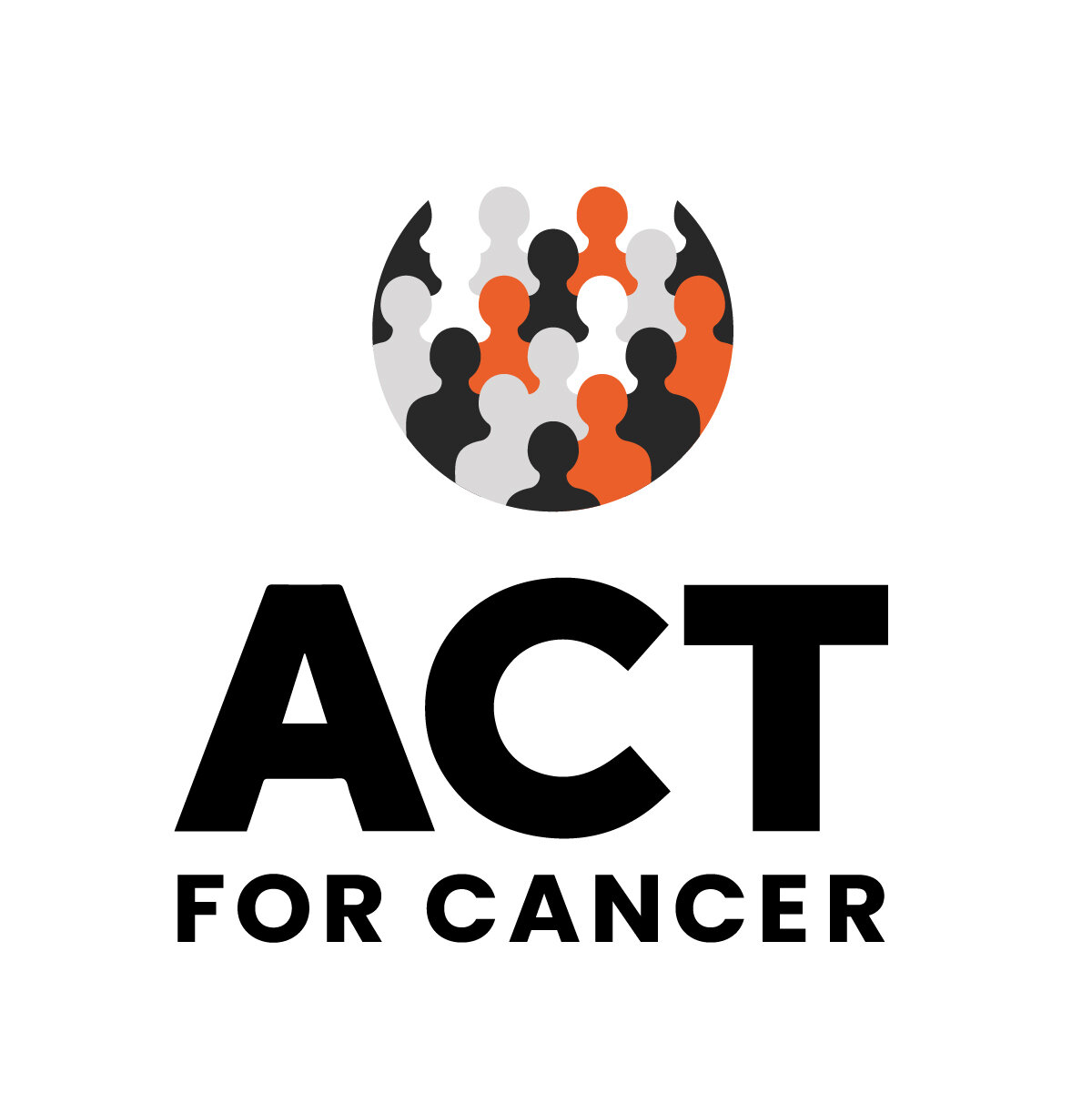Why ACT?
‘Act’ (verb) meaning: take action, do something, take measures, take the initiative...
Everyday at ACT for Cancer, we are inundated with requests for advice on a specific treatment or drug regarding a hard-to-treat cancer diagnosis. We get it: the impact of hitting a roadblock in the early stages of one’s diagnosis, or that of a loved one, followed by several dead-ends in the long and taxing cancer treatment journey can be unbearable.
Equally, it is not easy for an oncologist to make a diagnosis so laden with despair, knowing full-well that there is no one standard treatment that can help turn the patient’s condition around. How then can patients and oncologists approach that grim time chasm that occurs right after a hard-to-treat cancer diagnosis? What is the single most important thing that one can focus on when faced with an adverse cancer diagnosis?
We founded ACT with these questions at the forefront of our minds, having interacted and helped hundreds of hard-to-treat cancer patients navigate their cancer treatment. We chose the name ‘ACT’ mindful that the origins of the word itself comes from ‘to take action, do something, take measures, take the initiative’. But it is also an acronym: the definition of which has kept evolving, just like our work and understanding around how we can best support patients, oncologists and treatment centers to achieve the most optimal outcome in cancer-care.
‘A’
Over the years, ‘A’ has come to represent both ‘agile’ and ‘adaptive’. Allowing for dynamic adjustment during the course of cancer treatment is incredibly important. Both oncologists and patients must keep an eye out for what works and what doesn’t. Is there a treatment out there that seems to be outperforming another? Utilizing research, connecting data and sharing the experiences of oncologists and treatment centers across the world will allow for more treatment plans to go beyond the ‘’one size fits all” design. The long-term byproduct of acting in a fast, agile and adaptive manner is likely to be an adaptive medical infrastructure where multiple drugs and treatment combinations will eventually be tested simultaneously against the standard of care treatment options to deliver new, innovative treatments to patients suffering from hard-to-treat cancer.
‘C’
The ‘C’ in ‘ACT’ initially stood for ‘compassionate’, but now also encompasses ‘communicative’ and ‘collaborative’. These three Cs are the guiding north-star to the work we do at ACT. When it comes to cancer care, building a good team that is willing to communicate with each other, work collaboratively and feel like they are part of a team working towards a collective mission is crucial. It doesn’t have to be a team of 30 international cancer-care experts, it could be a team of 3 local doctors--everyone’s circumstances are different. However, if there is one thing we can standardize then that is to work collaboratively as a team within the constraints that we are inevitably subjected to.
Our Chief Clinical Officer, Dr. Jack Kreindler maintains that ‘’your team is your biggest and best medicine’’. So, if we can facilitate communication without any politics or ego, to work as a team, a big slice of the problem is solved.
‘T’
While ‘T’ continues to stand for ‘treatment’ we are mindful that treatment spans far beyond the four-walls of a hospital room, or a particular drug or therapy. As mentioned previously, we believe that your team is the treatment: therefore team and treatment are two sides of the same coin.
A crucial part of treatment is hope - shared by all. Then, on your team, you need progressive, adaptive and agile thinking as part of the treatment. Oncologists rely on their decades’ long practice of best medicine before prescribing something as a ‘treatment’ for their patients, and often, innovative treatments or therapies disrupt this idea of ‘treatment’. However, being able to talk to your oncologist about options that dismantle their idea of ‘treatment’ is also part of the treatment.
Supporters of support
We help teams communicate harmoniously. We support and signpost oncologists to trusted resources that can enable them to consider and even prescribe novel treatments, even if it feels like unexplored territory when they do so. We will build peer support for those oncologists to administer novel treatments that they have a ‘right to try’ on behalf of their patients. We support treatment centers to be more accountable; to share results of innovative cancer treatments so they can provide a unique perspective to develop new facets in cancer research and treatment. And most of all, we support patients to build their teams, with whatever resources that are at their disposal--be that accessing a novel treatment abroad or simply talking to their oncologists to meet them where they are; get them on their team.
While we have long-reckoned with the humbling reality that hard-to-treat cancers have (currently) few easy-to-access treatments, we still campaign tirelessly to build an ecosystem where, in addition to innovative treatment, an agile, communicative and supportive team are available to people, anywhere they happen to reside and regardless of postcode privileges.
Let’s work for change, together…

